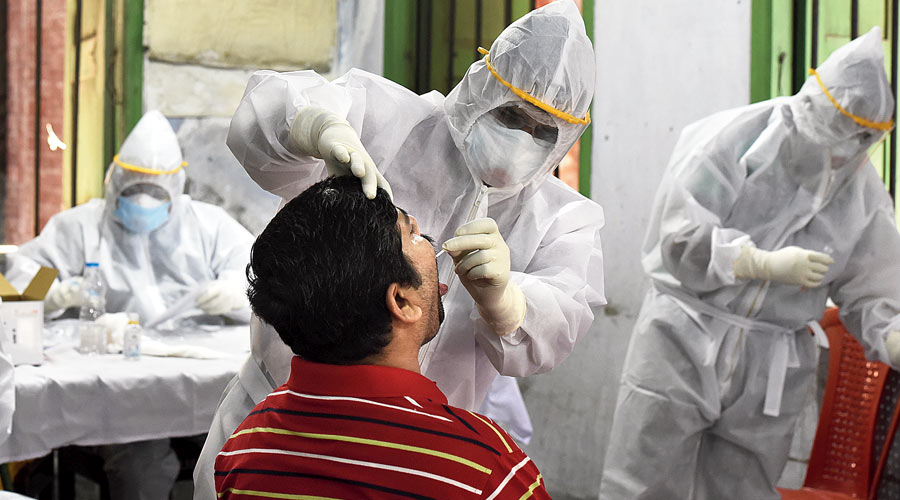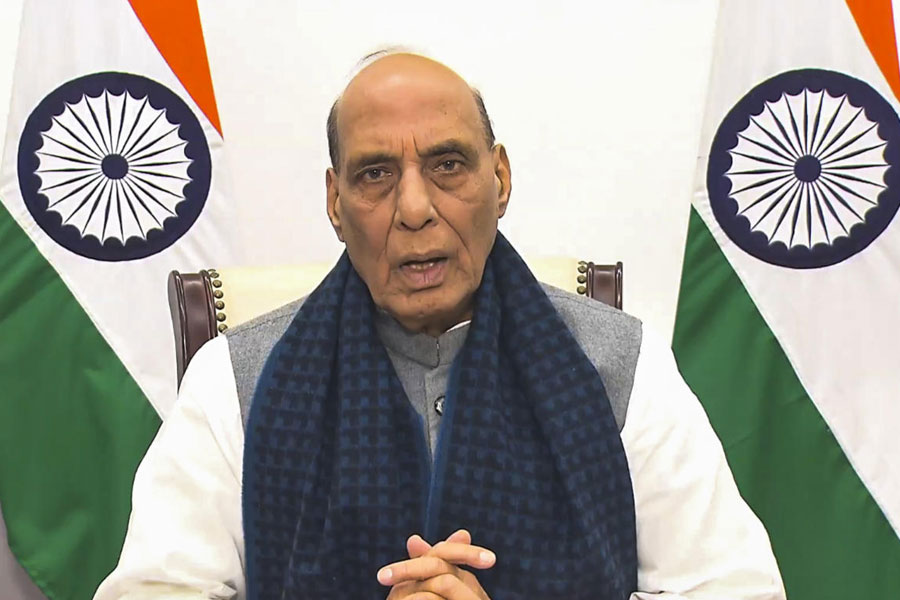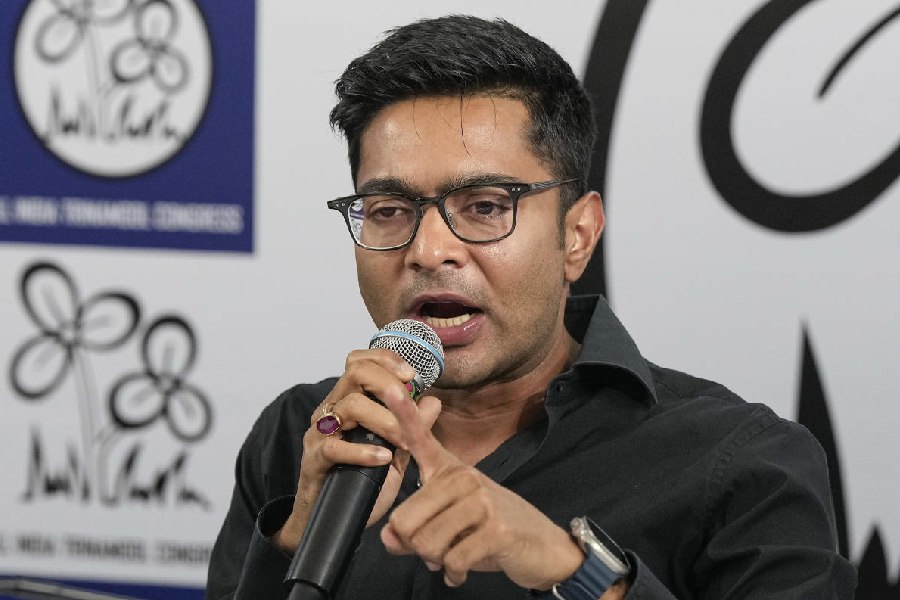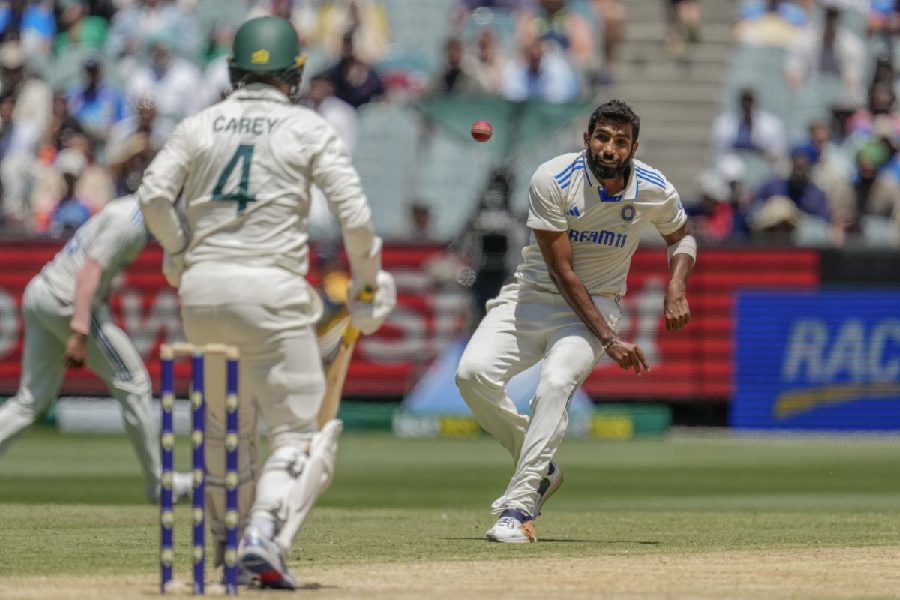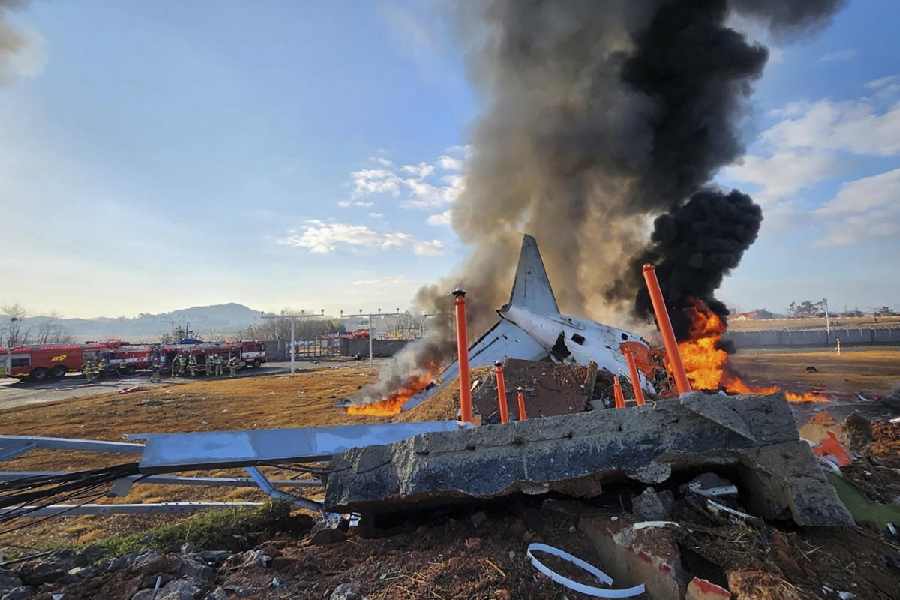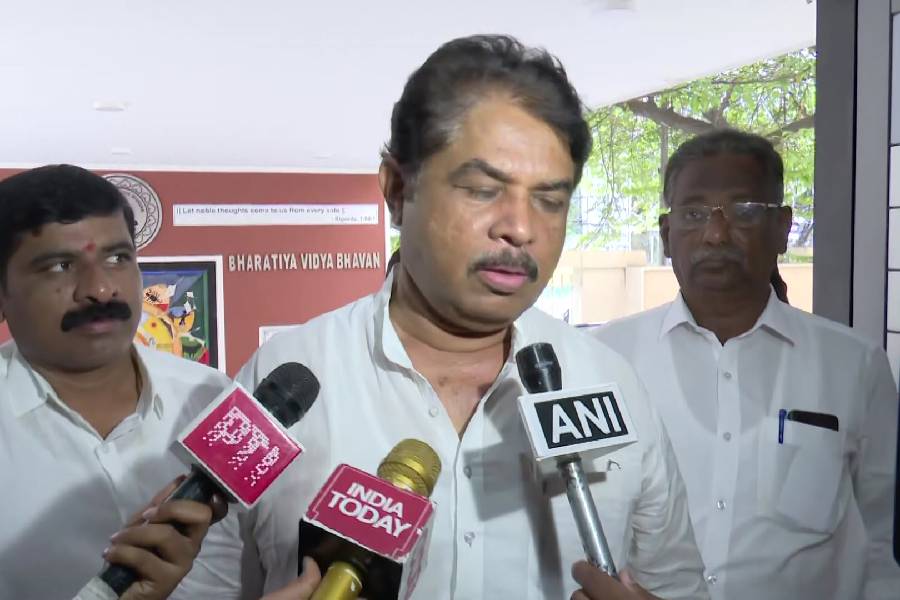Delhi experienced its second Covid-19 wave even though half of its people already had protective antibodies from the natural infection, new research has revealed, underlining the need to complete vaccination nationwide as quickly as possible.
A study has found that Delhi’s 50.8 per cent seropositivity level — the proportion of population with anti-Covid-19 antibodies — was not sufficient to avert the capital’s second wave marked by over 737,000 infections and more than 11,000 deaths during April-May.
Researchers say the findings also underline the lingering uncertainty about the so-called herd immunity threshold — the proportion of population that needs to be protected either through natural infections or vaccination to prevent any future surges.
“This is a reminder that we need to fully vaccinate as many people as quickly as possible,” said Nandini Sharma, professor of community medicine at the Maulana Azad Medical College, New Delhi, and senior co-author of the study.
Earlier district surveys had already hinted at Delhi’s high seropositivity levels. But the new findings, based on antibody measurements on around 100 people picked at random from each of the capital’s 274 wards, provide the sharpest snapshot yet of infection prevalence prior to the second wave.
During another arm of the survey among 28,169 samples processed from volunteers, the researchers detected antibodies in 14,298 (50.8 per cent), with seropositivity levels ranging from about 50 per cent in North Delhi district to 62 per cent in Southwest Delhi.
The herd immunity threshold depends on multiple factors, including transmissibility of the virus. Last year, researchers had calculated that population-level protection of about 65 per cent would be enough to douse the epidemic — after which only a small trickle of cases would persist.
The strongest evidence that 65 per cent seropositivity would not be sufficient for herd immunity had so far emerged from Manaus, the largest city of Brazil’s Amazonas state, that experienced a resurgence of infections in January 2021 even with a 76 per cent seropositivity in October 2020.
Scientists have attributed such patterns of resurgence across the world, including in the US and the UK, to the emergence and spread of new coronavirus variants — a variant called Gamma in Brazil, a strain called Delta in India — and to the waning of immunity among previously infected people.
Sharma and her colleagues found that only 72 per cent of people who had earlier tested positive for Covid-19 had antibodies against the disease. But some experts say other arms of the immune system may continue to protect people even after antibody levels have fallen.
“The best possible strategy appears to be to speed up the vaccination campaign and at the same time maintain all precautions we’ve been taking so far such as masks and avoiding crowds,” Sharma said. “And maintain high surveillance for any new variants.”
India’s Covid-19 vaccination campaign had until Wednesday administered around 760 million doses, but only about 186 million people (19 per cent) of the estimated adult population of 943 million have received the two doses needed for full vaccination.

